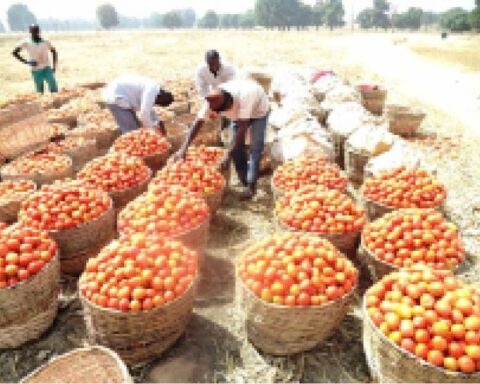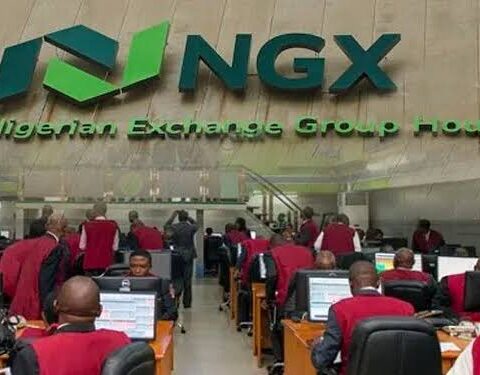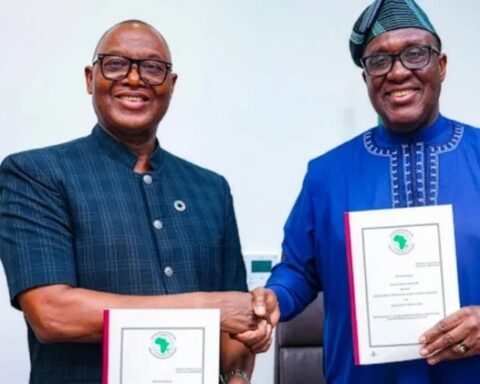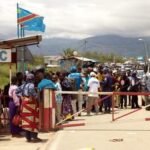Members of the House of Representatives have expressed grave concern over the indiscriminate increase in the price of fuel, which has skyrocketed to as high as N1,300 per litre. They described this price hike as alarming and potentially destabilizing for the country. According to a report by The Punch on the morning of Thursday, October 17, 2024, the lawmakers warned that such a drastic rise in fuel prices could naturally trigger widespread anger and frustration among the Nigerian populace.
In response to this growing concern, the federal legislators have called on the administration led by President Bola Tinubu to take immediate action and reverse the sudden price increase in both fuel and cooking gas. They emphasized that these measures are essential to ease the burden on citizens who are already grappling with the rising cost of living. The lawmakers’ resolution came following the adoption of a motion of urgent public importance, which was presented on the floor of the House by Kingsley Chinda, the minority leader, along with 100 other representatives, on Wednesday, October 16.
The motion, titled “Urgent Need to Suspend the Increased Cost of Petrol and Cooking Gas in the Country and Provide a Stop-Gap,” called on the Nigerian National Petroleum Company Limited (NNPCL) and the Ministry of Petroleum Resources to prioritize increasing local refining capacity as a long-term solution to the problem. It further urged the Central Bank of Nigeria (CBN) to implement monetary policies aimed at mitigating the inflationary pressures exacerbated by the fuel price hike.
Chinda, while speaking in support of the motion, highlighted the devastating impact that the rising cost of petrol and cooking gas could have on the livelihoods of millions of Nigerians. He noted that unchecked inflation caused by the increased prices would not only deepen poverty but could also lead to social unrest, with long-term negative effects on the nation’s economy. He stressed that urgent intervention was needed to protect the welfare of citizens and prevent further economic hardship.



























